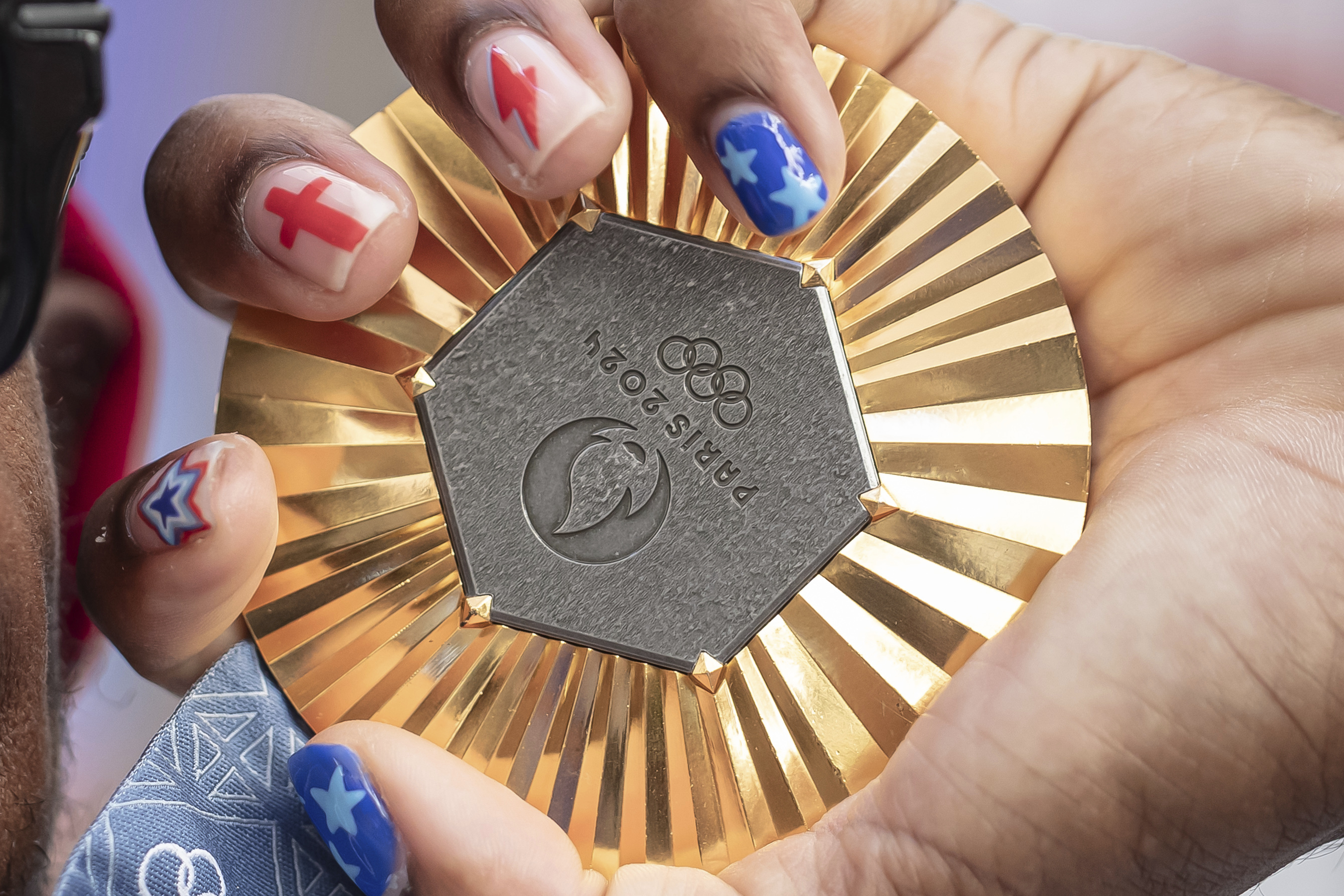
UPDATE: OLIVIA REEVES WINS GOLD.
It has been 24 years since women were first allowed to compete in weightlifting at the Olympics.
Team USA's Olivia Reeves was just 3 years old when Tara Nott-Cunningham won the country's first and only gold. Now, 21-year-old Reeves is aiming to break a world record at the Paris Olympics and if everything goes to plan, she could make history on her way to becoming one of the greatest weightlifters in U.S. history.
Stay in the game with the latest updates on your beloved Philadelphia sports teams! Sign up here for our All Access Daily newsletter.
Reeves is competing in the women's 71kg session on Friday, Aug. 9, at 1:30 p.m. ET. You can stream live on Peacock or watch on USA Network at 5:30 p.m. ET.
"Becoming an Olympian has been the best experience and no matter what happens tomorrow I am proud to have earned the title," she wrote in an Instagram caption on Thursday.
Following the snatch session on Friday, Reeves was sitting at the top of the leaderboard with a massive 117kg snatch in her third attempt, breaking the Olympic record.
Paris 2024 Summer Olympics
Watch all the action from the Paris Olympics live on NBC
Weightlifters from China typically dominate the sport, but due to changes in the qualification process --- each country was allowed to send only three women and three men to Paris 2024, one for each weight class. The number of weight classes was also reduced from 14 to 10.
China's Liao Guifang, 2023 World Champion and weightlifting total world record holder (273kg), would have been Reeve's biggest threat to gold but she wasn't selected to join the team.
Reeves isn't without competition by any means.
Ecuador's Angie Palacios Dájomes was the silver medalist at the 2023 World Championship, beating Reeves' total by 2kg, and she's also eyeing the top spot in Paris after placing sixth in Tokyo. Another likely contender for gold is Loredana Toma of Romania, a six-time consecutive European champion. Dájomes is in second and Toma is in third, snatching 116kg and 115kg respectively.
Reeves' parents own a CrossFit gym and she has been competing since she was young. She holds an impressive number of 15 American records in youth, junior and senior categories.
She's the 2023 World Cup gold medalist in the 71kg and fans are looking for her to soon break the world record in both the snatch (121kg) and clean & jerk (154kg). Reeves' personal competition best is currently 120kg for the snatch and 151kg for the clean & jerk, and she can at least easily break the Olympic records (115kg & 148kg).
If these numbers don't mean anything to you, just know that Reeves is incredibly strong. She can squat more than three times her body weight, according to the number revealed by NPR. That's 224 kg, or nearly 500 pounds, and she's only getting stronger.
She has added 26kg to her total since the first Olympic qualifier, according to USA Weightlifting.
Olympic Weightlifting Schedule
| Event | Date | Time (ET) | How to Watch |
| 🇺🇸 Men's 61kg: Snatch / Clean & Jerk🏅 | Wed, 8/7 | 9-11:30a | Peacock, NBCOlympics.com |
| 🇺🇸 Women's 49kg: Snatch / Clean & Jerk🏅 | Wed, 8/7 | 1:30-4p | Peacock, NBCOlympics.com |
| Women's 59kg: Snatch / Clean & Jerk🏅 | Thurs, 8/8 | 9-11:30a | Peacock, NBCOlympics.com |
| Men's 73kg: Snatch / Clean & Jerk🏅 | Thurs, 8/8 | 1:30-4p | Peacock, NBCOlympics.com |
| Men's 89kg: Snatch / Clean & Jerk🏅 | Fri, 8/9 | 9-11:30a | Peacock, NBCOlympics.com |
| 🇺🇸 Women's 71kg: Snatch / Clean & Jerk🏅 | Fri, 8/9 | 1:30-4p | Peacock, NBCOlympics.com |
| 🇺🇸 Men's 102kg: Snatch / Clean & Jerk🏅 | Sat, 8/10 | 5:30-8a | Peacock, NBCOlympics.com |
| 🇺🇸 Women's 81kg: Snatch / Clean & Jerk🏅 | Sat, 8/10 | 10a-12:30p | Peacock, NBCOlympics.com |
| Men's 102+kg: Snatch / Clean & Jerk🏅 | Sat, 8/10 | 2:30-5p | Peacock, NBCOlympics.com |
| Women's 81+kg: Snatch / Clean & Jerk🏅 | Sun, 8/11 | 5:30-8a | Peacock, NBCOlympics.com |
Olympic weightlifting movements and rules
The snatch and clean & jerk are powerful movements where athletes move massive amounts of weights on the barbell, oftentimes over twice their body weight, to an overhead position in mere seconds.
These movements appear simple, but they are incredibly technical and it can take several years to master how to move efficiently. The competition also appears straightforward. Athletes lift the barbell one at a time and the weight on the bar can only increase, never decrease, but coaches behind the scenes are playing chess as they plan their athlete's rest time and next attempts.
Snatch
The snatch is the more technical of the two movements. Lifters must move the barbell from the floor to above their head in one fluid movement. They can't re-bend and extend their elbows once the weight is overhead, a controversial rule that many fans argue robs athletes of good lifts.
Clean & Jerk
As the name suggests, the clean & jerk are two separate movements counted as one combined lift. The clean portion of the lift involves the athlete "cleaning" the barbell up to the front rack position, or supported on top of their collarbone and shoulders.
The jerk includes the athlete elevating the weight by jumping and quickly pressing the barbell overhead. The same elbows rule applies to the jerk.
Three judges, two side judges and one in the front, signal a white light for a good lift and a red light for no lift. Athletes need at least two white lights for the lift to count. However, there's a jury panel that will review and make the final decision.





